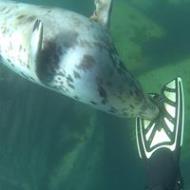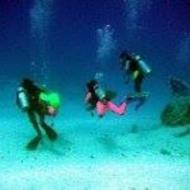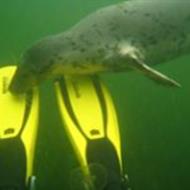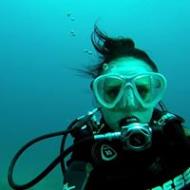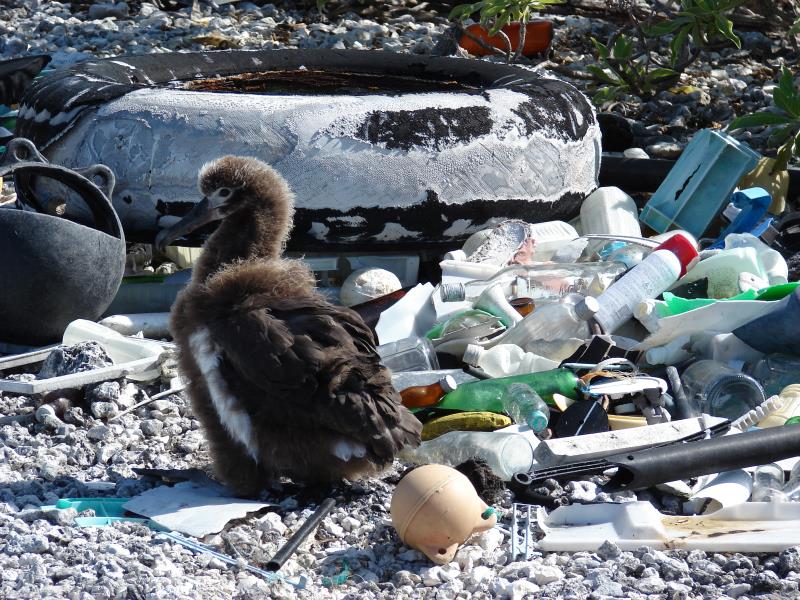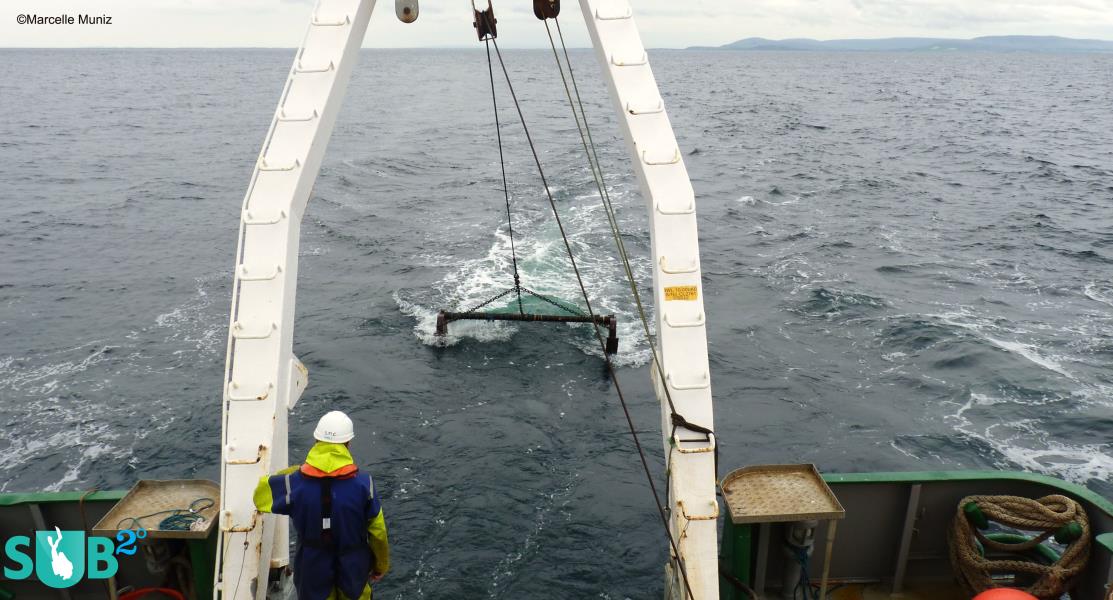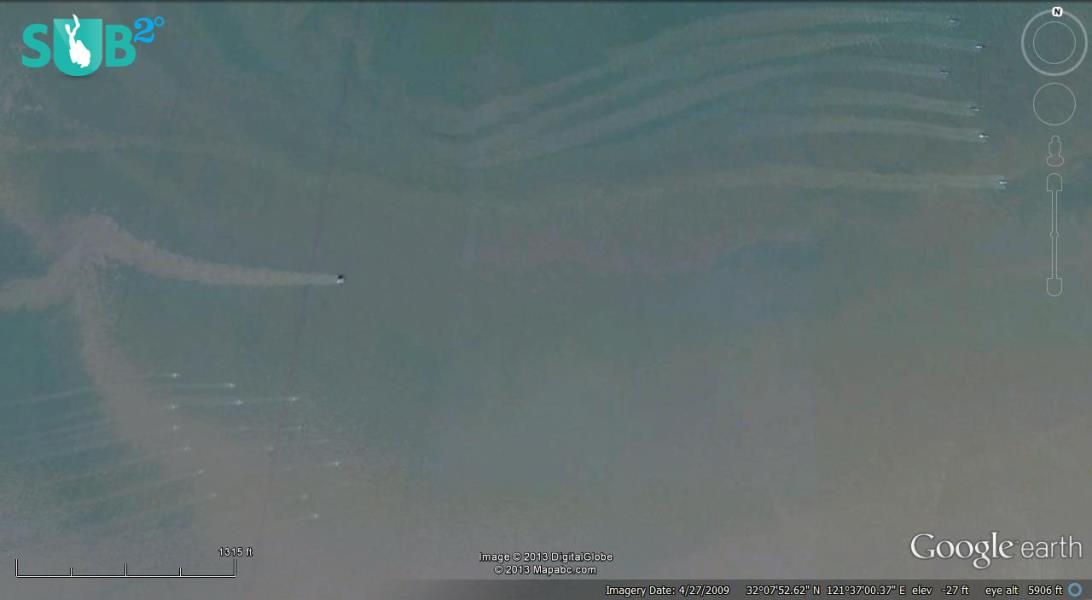Show
Following & Followers
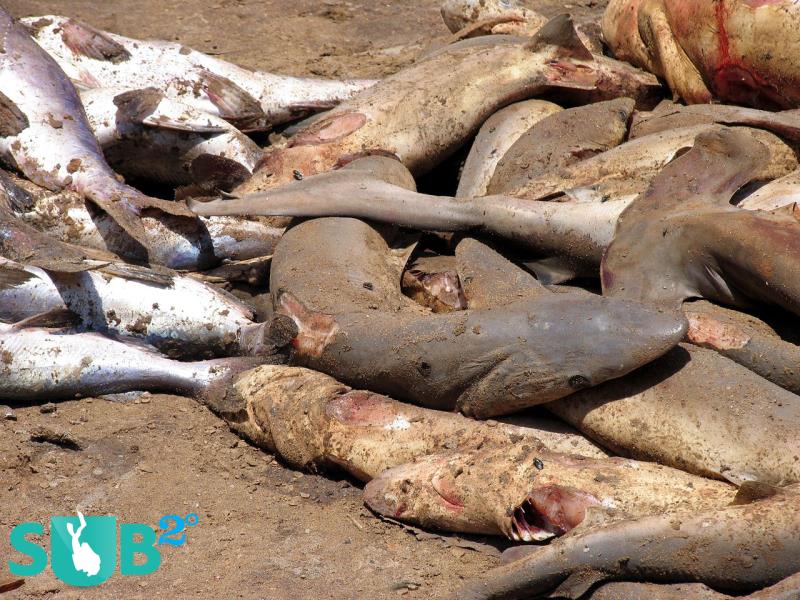
Ocean Threats Series - The Problem of Shark finning - Part I
In this post of the Ocean Threats Series, we will see how Shark finning- an unsustainable fishing practice - is affecting our ocean predators, and consequently, the oceans and ourselves.
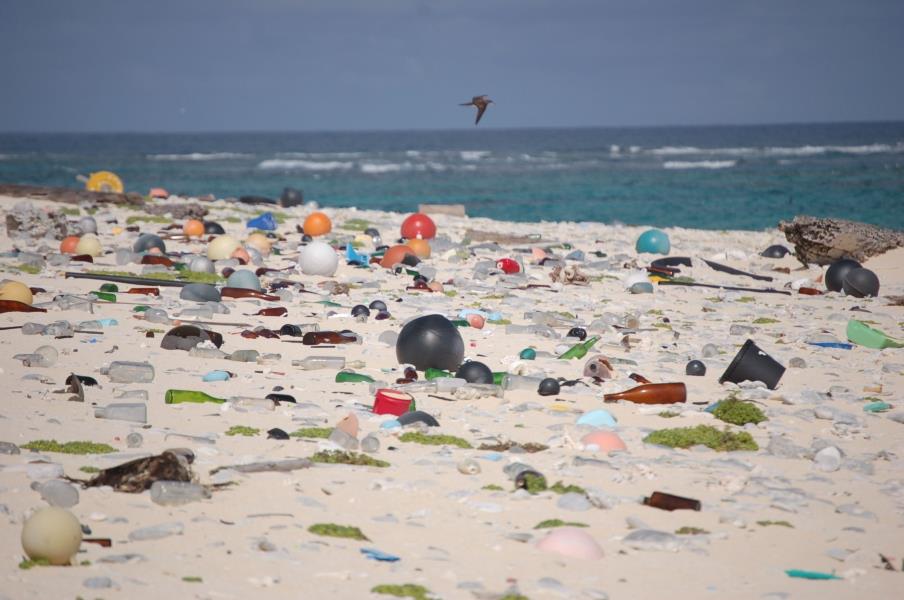
Marine Debris & Plastic Pollution: A Harsh Reality Check
The same way people usually think marine resources are infinite, they tend to assume that no matter the amount of trash dumped in the sea, the effects are always insignificant. As the oceans are so wide, we tend to believe that pollutants will dilute and the problem will be solved. But the current state of our oceans says otherwise. On the following posts we will learn more about the problem of marine debris, so keep following us!
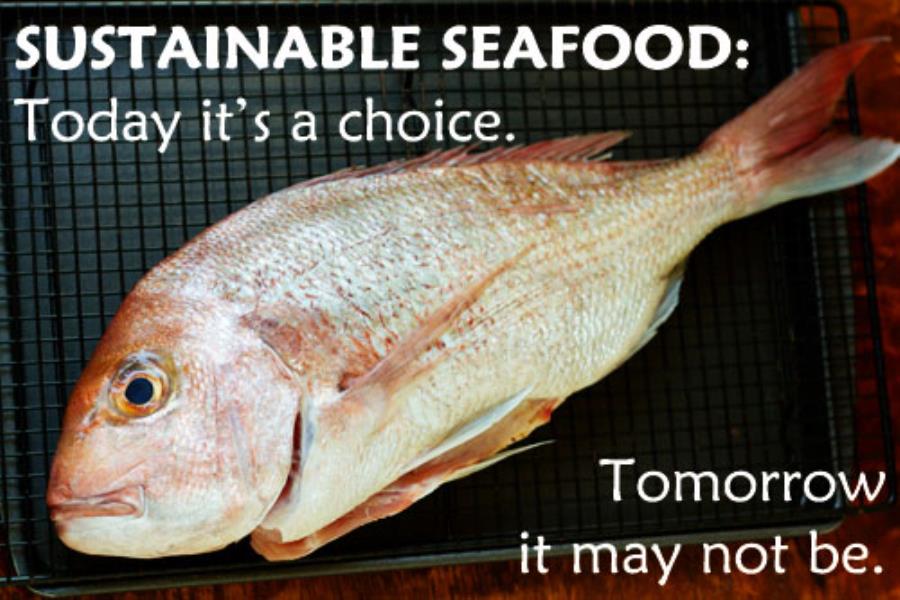
Are we eating sustainable seafood?
As divers, we learn how to appreciate the sea. And if we appreciate it, we should care for it. One of the most important things we can do for the environment is to learn how to be sustainable consumers. It is time to ask ourselves: are we eating sustainable seafood?
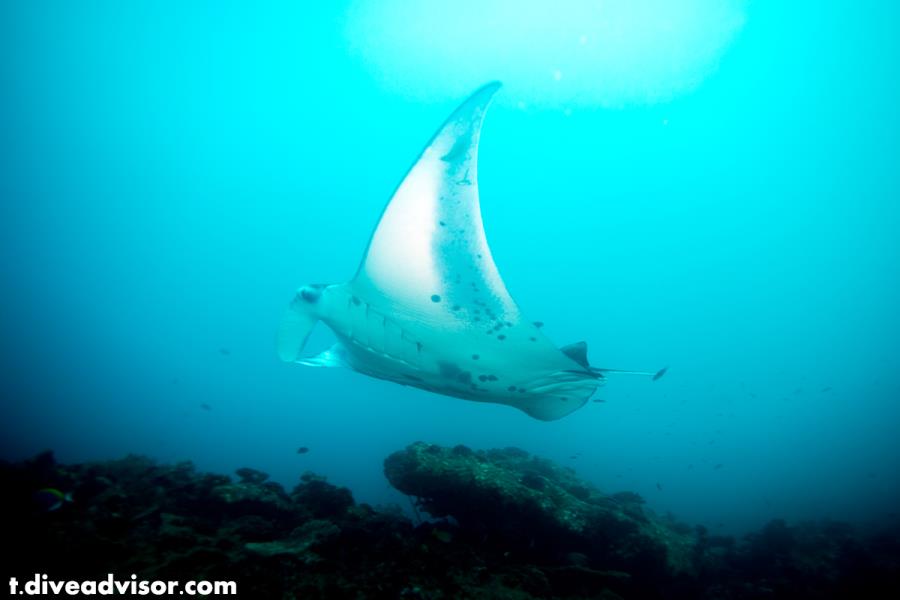
Manta Rays, The Gentle Giants
Manta rays are fantastic animals. Divers who had the chance to live an encounter say it’s an experience you can never forget. Having one of the largest brain of all fish, these animals are considered very intelligent, and it is believed they remember previous information, such as where to find the best feeding spots. Keep reading to discover more amazing facts about this whimsical creature!

Ocean Threats Series - The Problem of Shark Finning - Part II
In Part 1, we started investigating the problem of shark finning- a bit of history, current state of our seas, and how this problem can affect us and the seas around us. Now, taking a step further, we look at what we can do to help our sharks.
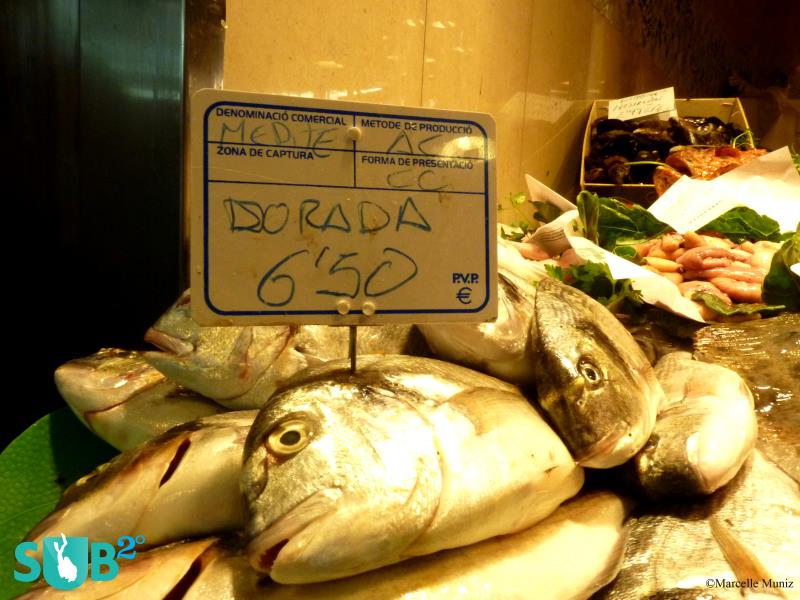
Ocean Threats Series - Overfishing – Part II
Last post we started investigating the problem of overfishing. Now let’s take it a step further and see what we can do to help our beloved oceans. Keep following!
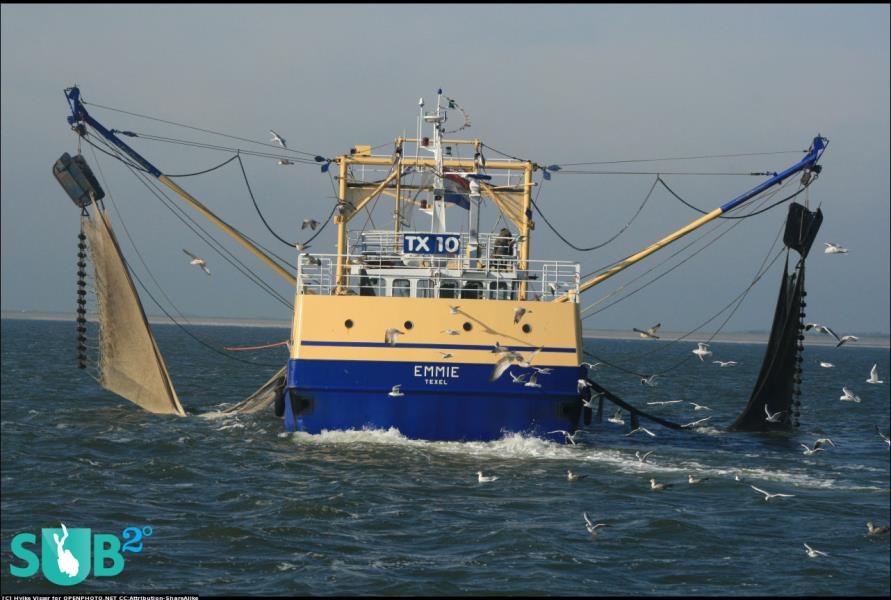
Ocean Threats Series - Overfishing – Part I
Non-sustainable practices are pushing our marine ecosystem over the edge. How are overfishing practices affecting our oceans, and ultimately bringing consequences to the human population?






